Recently, Polished Pebbles Girls Mentoring Program has been turning our attention to college students. We have shared a  bit about Polished Pebbles: College Edition and what the media has to say about African American women students. And now, we want you to hear from these very women! #WhatSheNeedsIs will provide insights into the experiences of black women in college. Although they are topping the charts in college enrollment, black women are not necessarily seeing the results of their hard work post graduation. We want to know why! From the freshman transition to the affects of social media, these women have a lot to say! Through #WhatSheNeedsIs, we hope to learn a little more about what she needs to succeed–what did their institutions have and what were they lacking?
bit about Polished Pebbles: College Edition and what the media has to say about African American women students. And now, we want you to hear from these very women! #WhatSheNeedsIs will provide insights into the experiences of black women in college. Although they are topping the charts in college enrollment, black women are not necessarily seeing the results of their hard work post graduation. We want to know why! From the freshman transition to the affects of social media, these women have a lot to say! Through #WhatSheNeedsIs, we hope to learn a little more about what she needs to succeed–what did their institutions have and what were they lacking?
As an introduction to the #WhatSheNeedsIs series, we will give you some brief snippets that capture the confusion, excitement, and challenge of the college experience.
“[College] was just like a whole new experience for me. So I had questions, you know, about how it was different from high school.” –Terri Floyd
While high school was beneficial, it was not a proper preparation for college:
“While I was ready, I was also not ready. Because I felt like, while they were getting us ready for college, there was a lot of ways for us to get around in high school. Like if you didn’t want to do your homework…you could have wrote anything down and not actually do your homework.” –Sadariah Harrell
“As far as maturity, academics from high school to college was a challenge. But I’m glad my school was able to help mold me into what I was supposed to be at the institution.” –Courtney Neal
There is always some lingering hesitations before starting the college track:
“When I first began college my constant thought was am I going to be good enough for the institution, you know? When I apply to these schools, will they accept me? And that was definitely something I was most nervous about because I am a first generation, black college student in my family.” –Brittany Colvin
And a final piece of advice:
“Get involved. Don’t forget the purpose you’re going for…find that balance. You gotta have a little bit of fun, but remember your ultimate goal. And make sure you enjoy it while it lasts. Because when they say time flies by, it really does” –Jasmine Hosley





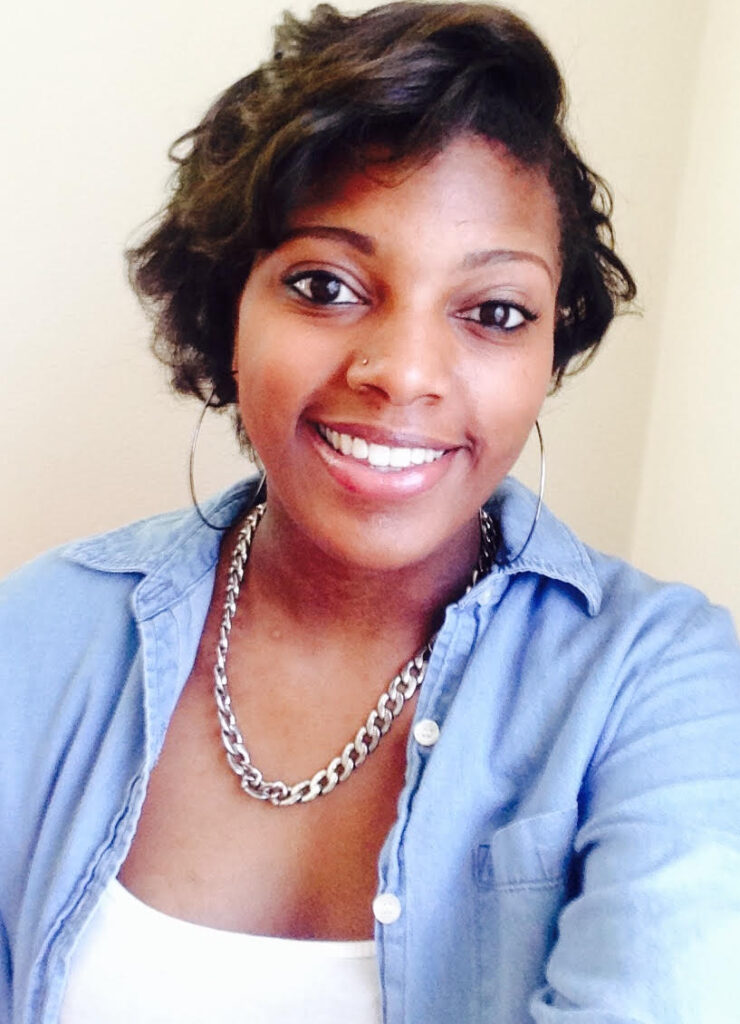






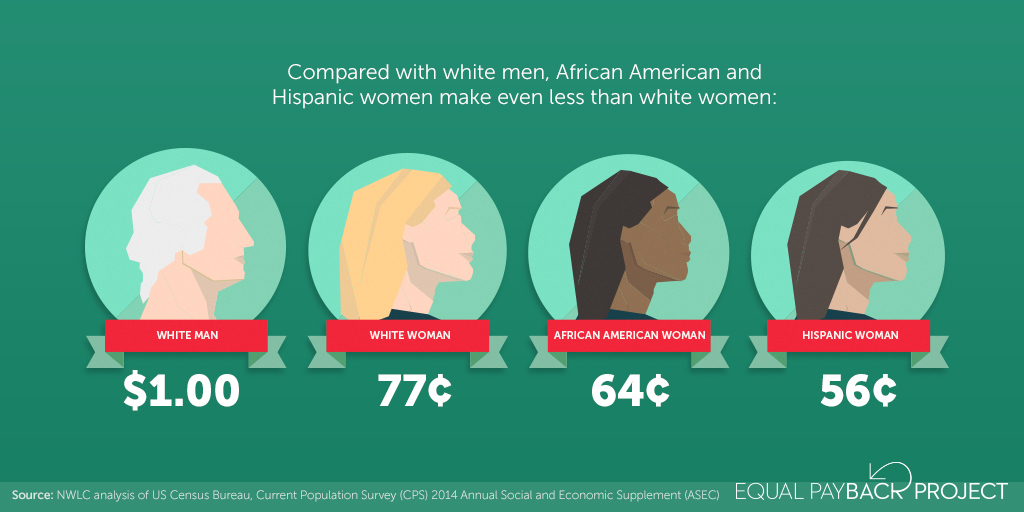


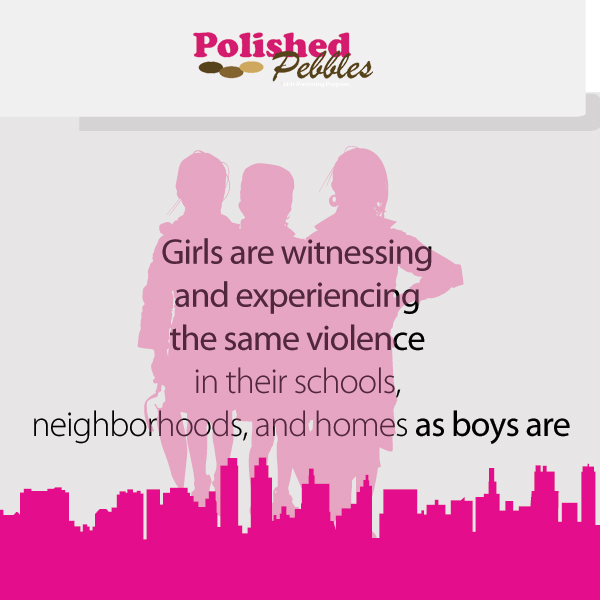
 of race, gender, and systemic oppressions. While her story has shed light on modern day racism, it is important that we look beyond Dolezal, beyond this media frenzy.
of race, gender, and systemic oppressions. While her story has shed light on modern day racism, it is important that we look beyond Dolezal, beyond this media frenzy.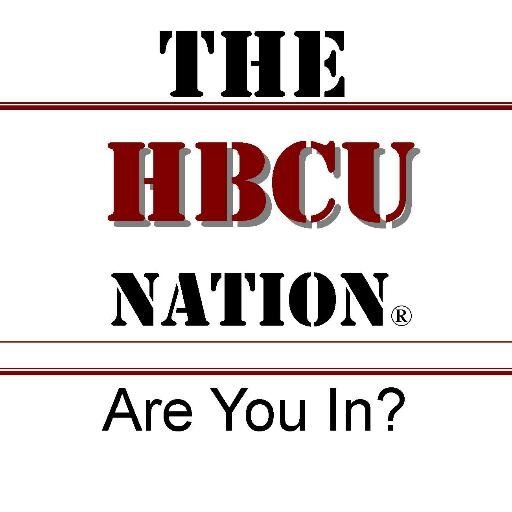

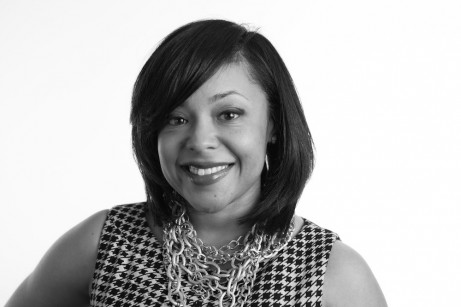
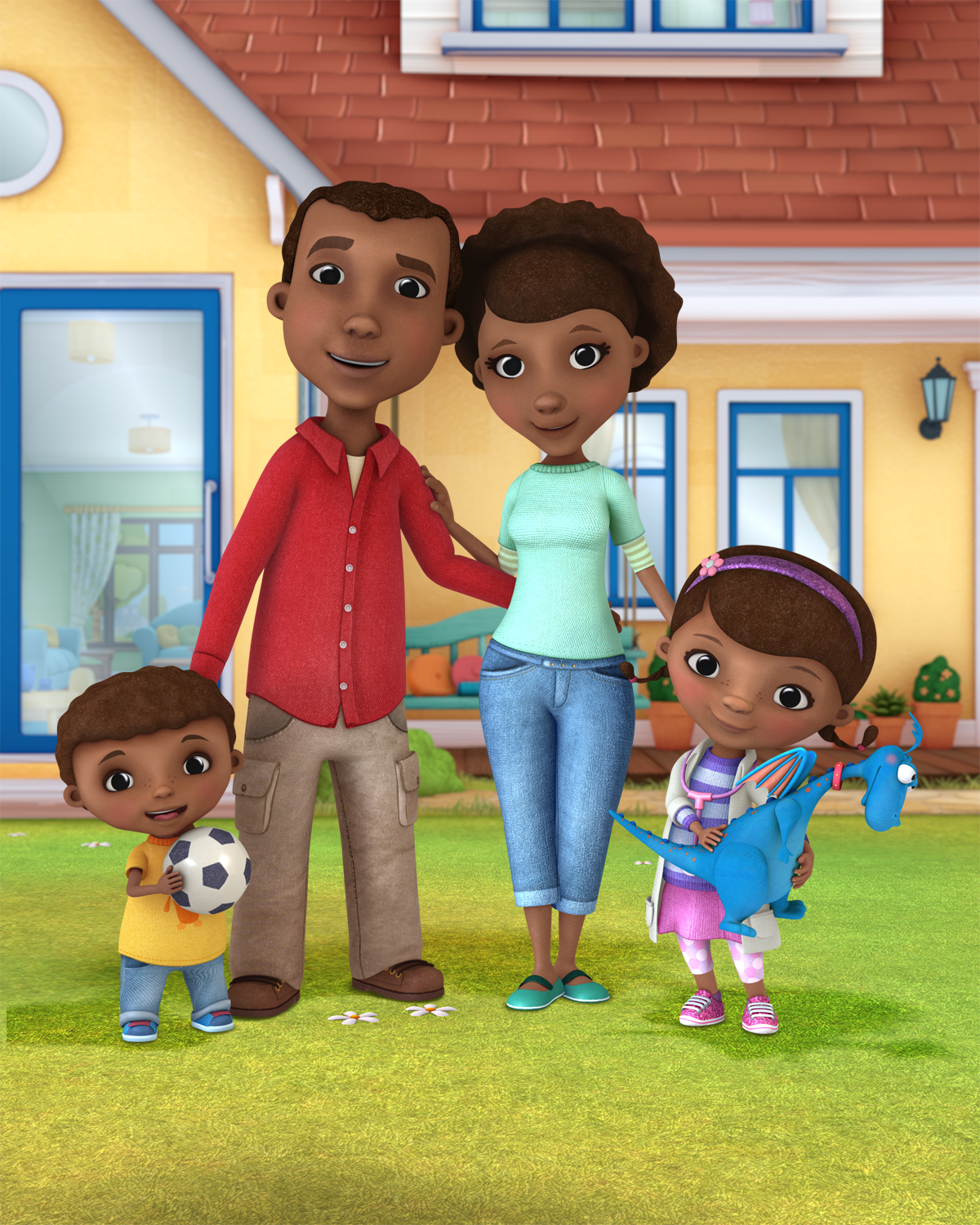
 appreciation for a line of toys (and TV show) that feature a young, black girl as the lead! The Disney Junior Program “Doc McStuffins” brings a new face to popular media. With a doctor for a mother, young “Doc” inspires to be just like her and hones her skills on her toys! While the premise of the show is simple, its impact is anything but!
appreciation for a line of toys (and TV show) that feature a young, black girl as the lead! The Disney Junior Program “Doc McStuffins” brings a new face to popular media. With a doctor for a mother, young “Doc” inspires to be just like her and hones her skills on her toys! While the premise of the show is simple, its impact is anything but!
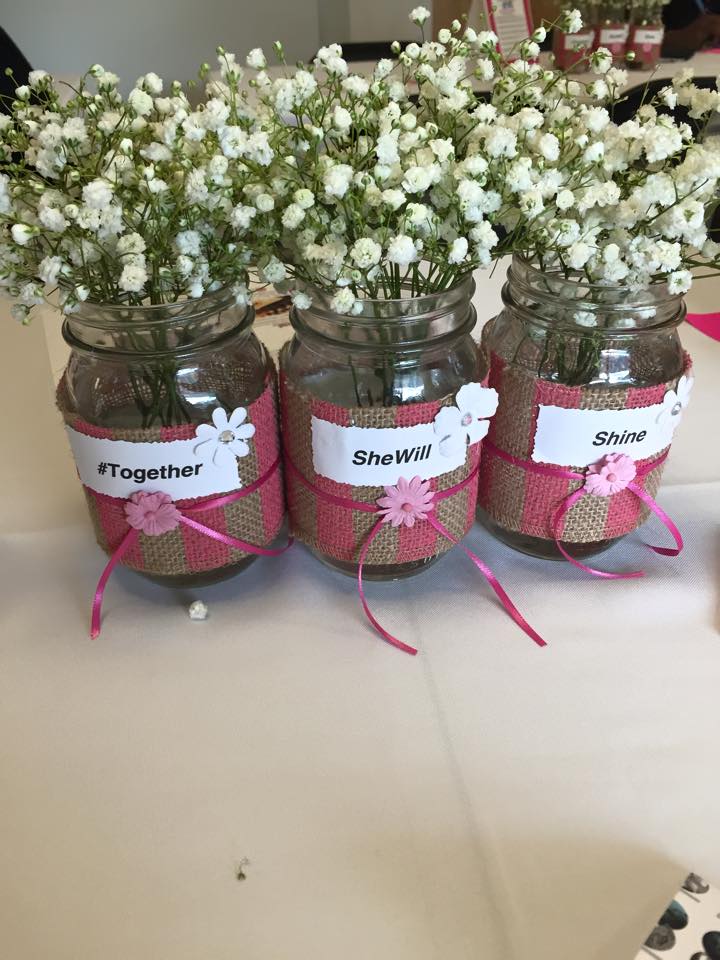

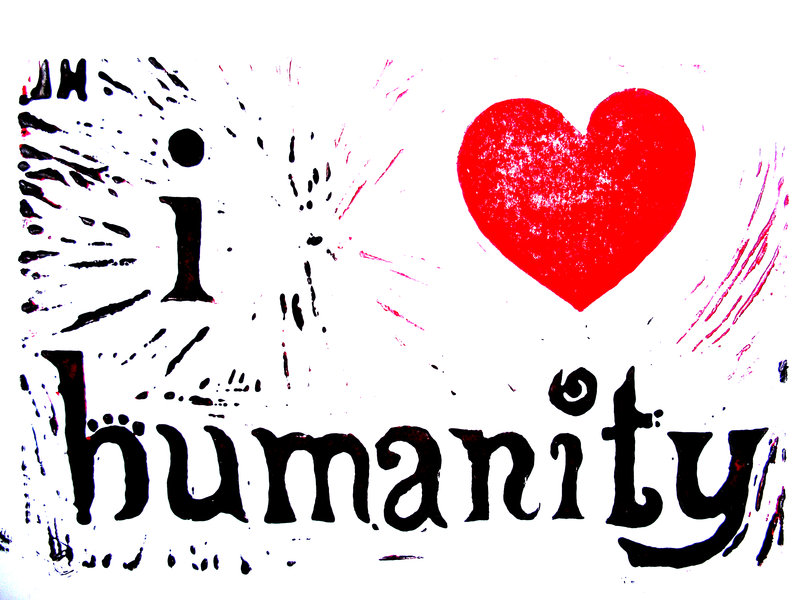
 responses, L’Oreal shares the definition of philanthropy as “love of humanity”. To close our April theme of Philanthropy and Giving, I want to delve into this definition. When we think about donating money, time, and resources, what does love got to do with it?
responses, L’Oreal shares the definition of philanthropy as “love of humanity”. To close our April theme of Philanthropy and Giving, I want to delve into this definition. When we think about donating money, time, and resources, what does love got to do with it?